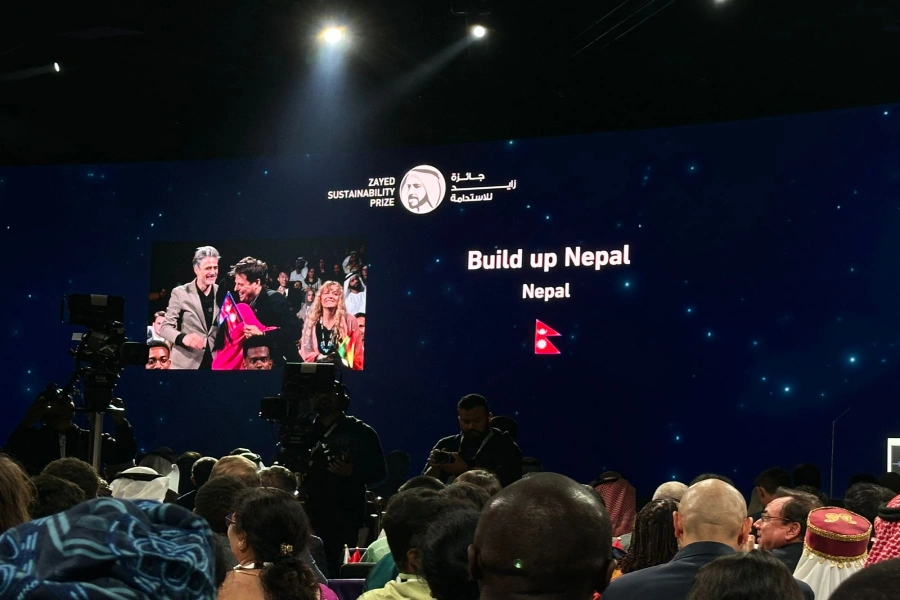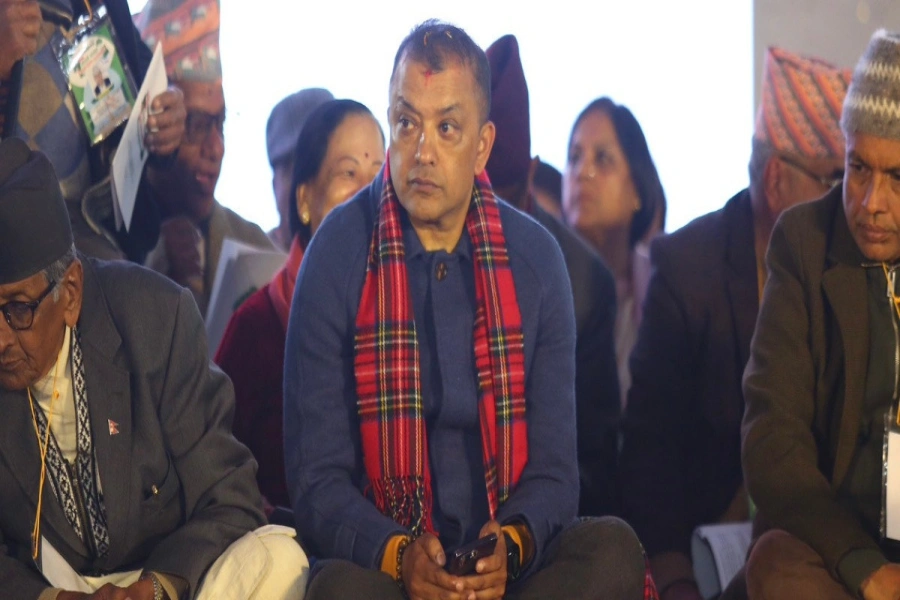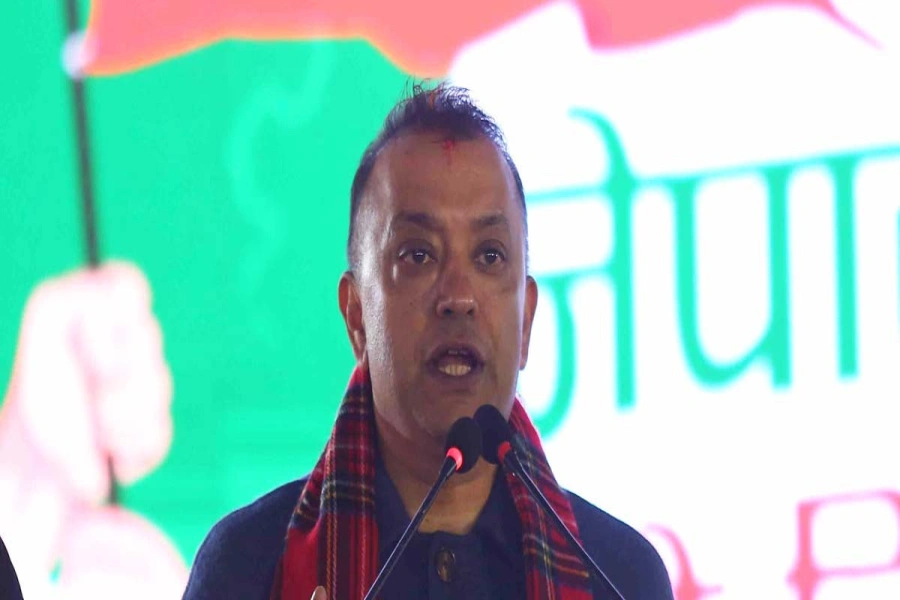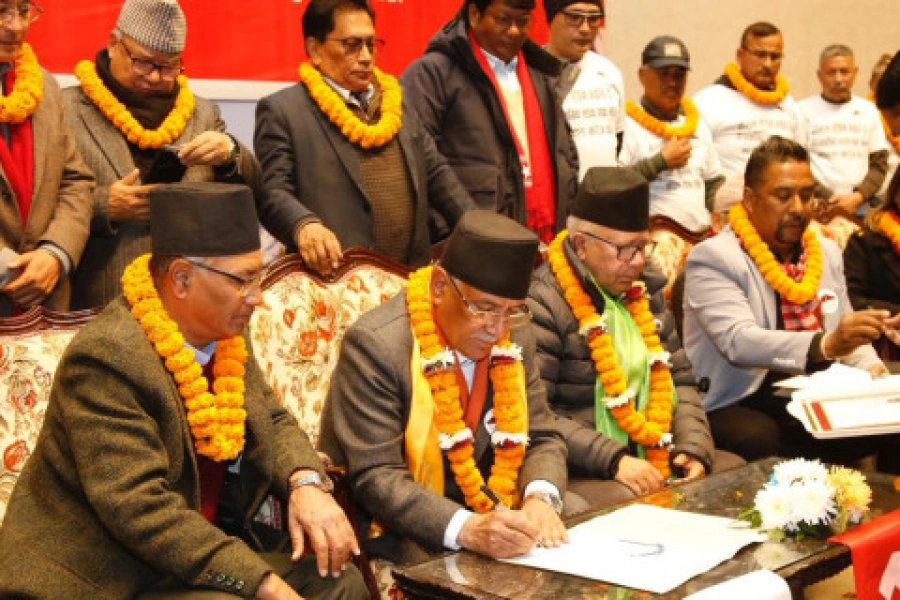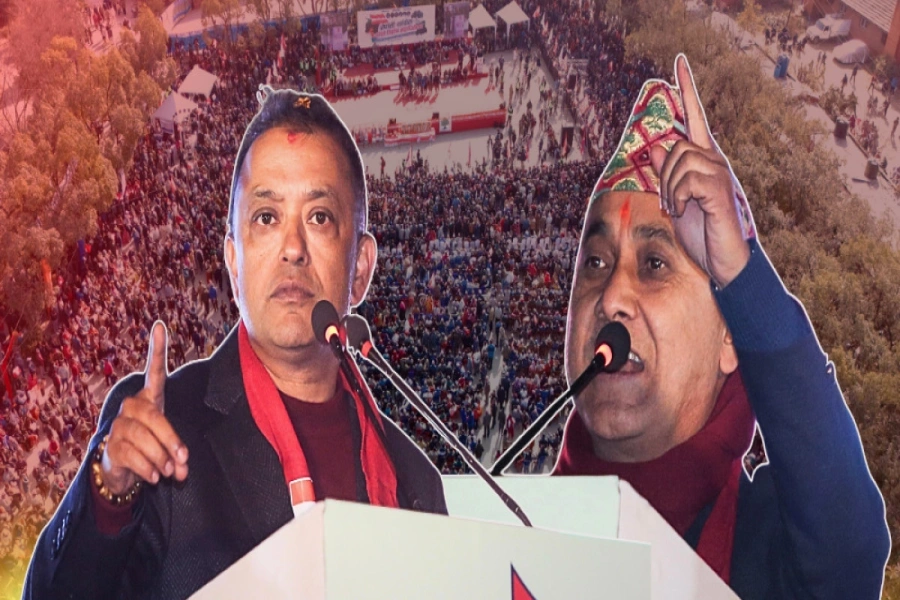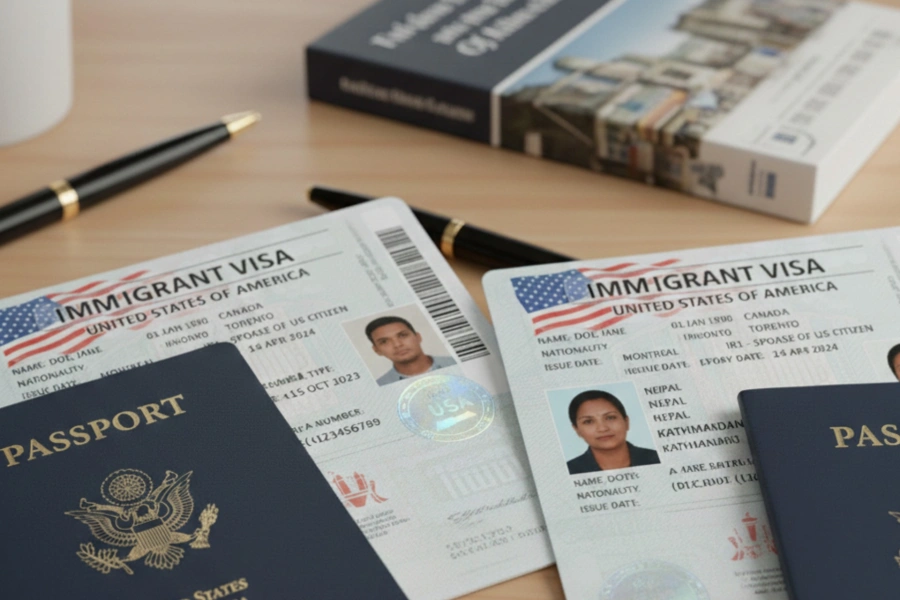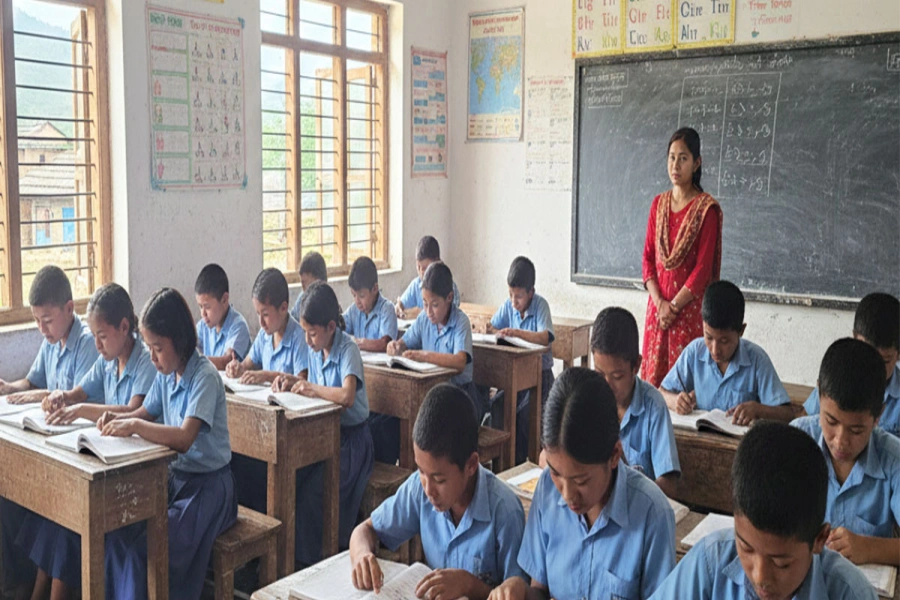On Monday, Naya Shakti Party Nepal led by former prime minister and former Maoist leader Baburam Bhattari and Federal Socialist Forum Nepal (FSFN) headed by sitting Deputy Prime Minister and Health Minister Upendra Yadav announced unification between the two parties inking a nine-point deal to form Samajwadi Party, Nepal. The unification between a party, which is a coalition partner in K P Sharma Oli’s government, and the one that has remained outside of the government has been looked into with interest across political spectrum. Baburam Bhattarai has had a mixed legacy. He was the chairman of Constitutional Political Dialogue and Consensus Committee of the second Constituent Assembly and the constitution was drafted with his input. But soon after constitution promulgation, he quit as a lawmaker of then UCPN-Maoist, started to criticize the constitution he helped frame and expressed solidarity with Madhesi parties which were agitating against the constitution in 2015. Then Bhattarai formed Naya Shakti Party, which is perceived to have failed to convince people with credible agenda. Since forming Naya Shakti Party Bhattarai has projected himself as a leader who has completely renounced communist agenda. He toured Europe, America and rural parts of Nepal and has been advocating for Nepal’s development and prosperity. At the same time the memories of a decade-long conflict (1996-2006), of which he was an architect, are still fresh in people’s mind and many hold him responsible for deaths and destructions that occurred during that time.
Who is right, who is wrong on Nepal-India battle of maps?

On the other hand, Upendra Yadav’s Federal Socialist Forum Nepal had at one time been demanding complete rewriting of the constitution. Since joining the government, Yadav has been little soft on constitutional issue but he has not renounced the agenda of constitution amendment yet. Naturally, political agenda of Samajwadi Party, Nepal will be watched keenly. The unification deal mentions that political road map of the new party will be institutionalizing federal democratic republic and safeguarding the achievements made so far. They aim to establish a socialist order based on principles of ‘federal socialism’ and ‘prosperous socialism.’ So far so good. But the agreement also mentions that the party aims to achieve ‘progressive transformation’ of the nation through ‘people’s struggle’ and ‘constitution amendment’ to make Nepal a federal state in a true sense and recommends that the country should be restructured again into 11 provinces based on the recommendations of state-restructuring committees of the Constituent Assembly.
Unity between two parties is always good in a democratic system. When two likeminded forces come together, they can consolidate base and have greater bargaining power. In that sense coming together of FSFN and NSPN is a welcome development but some of the points in the unification deal raise suspicion: Does the new party want to revive the issues already settled by the constitution? The framers of this constitution, including Bhattarai himself, arrived at seven-province model because that was a viable option at that moment. Even today Nepal is struggling to financially sustain seven provinces. The naming of provinces and fixing provincial capitals remain contested issues. Demand of 11 provinces—the idea that was largely rejected in 2015—will create more problems than the country can solve. The goal of the new party should be to institutionalize achievements of this constitution, make the government accountable to people, and contribute to making ‘prosperous federal socialism.’ It should not, in any way, be involved in creating tensions by reviving already settled issues.





